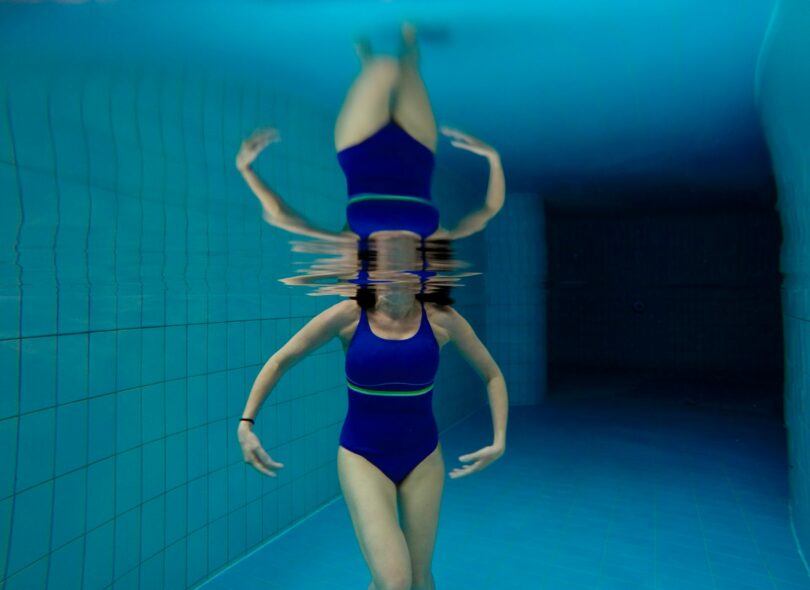Exercising in the water is good for sore muscles, joints and bodies. It’s especially good for your mental and physical health post-surgery, when you are least likely to have any desire to exercise, reports Aileen Weintraub for the Washington Post.
Aquatic therapy is a dopamine booster. It should help you feel better, while letting you have fun. In a pool, you can use weights or a noodle, without stress. Aerobic therapy is a workout and should help you sleep.
If you have inflammation, or muscle tightness, or joint tightness, water allows you to be active when you might not otherwise be able to move easily. In water, your joints don’t feel pressure the way they do on the ground. Water can improve your circulation and reduce pain.
In water, you can build muscle without feeling it. You can exercise in ways that are not possible on land. And, you can do so with minimal risk. You are not going to fall.
If the water is warm–somewhere between 88 and 92 degrees–there are extra therapeutic benefits of exercising in a pool. The warmer water should help relieve swelling.
Post surgery, it’s particularly important to build back your body strength. It’s also important to feel good, and aquatic therapy has been found to improve people’s mental health. A pool should help reduce your depression, anxiety and stress. One study found that water therapy was more effective at improving mental health than pilates or yoga.
Before jumping into a pool post-surgery . . .
- Talk to your doctor: You might have to wait before getting wet.
- Before you take a water therapy class, make sure you can get in and out of the pool.
Here’s more from just Care:










